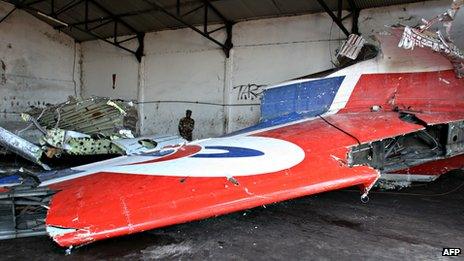France charges Yemenia Airways over deadly 2009 crash
- Published

The plane was banned from flying in France after faults were found in 2007
France has charged Yemenia Airways with manslaughter over a 2009 crash off the Comoros Islands that killed 152 people, judicial sources say.
The French authorities say the Airbus A310, which set off from the Yemeni capital, should not have been allowed to fly, the AFP news agency reports.
Most of the 152 people killed in the crash were French citizens visiting relatives in the Comoros.
There was just one survivor - a teenage girl who was rescued from the sea.
Many of the passengers were travelling to the Comoros, but had begun their journey in Paris or Marseille on another jet operated by the national airline of Yemen, before boarding flight IY626 in Sanaa.
'Great relief'
An association of the victims' families, AFVCA, has welcomed the charge.
"It's a great relief for the families of the victims who have waited four and a half years," a spokesman for the association told the BBC.
"Now the company will finally be forced to face up to its responsibilities."
Yemenia has previously said that bad weather - strong winds and high seas - was the more likely cause of the crash.
The carrier is not included on the current European Union list, external of banned airlines.
The crash caused anger amongst the Comorian community in France as people complained that the aircraft had been in poor condition.
The plane was banned from French airspace after inspectors found numerous faults in 2007, according to the then transport minister, Dominique Bussereau.
Several European countries had also found a number of problems when they inspected Yemenia aircraft prior to the crash.
Officials from Yemen have previously said the plane had undergone a thorough inspection and conformed to international standards.